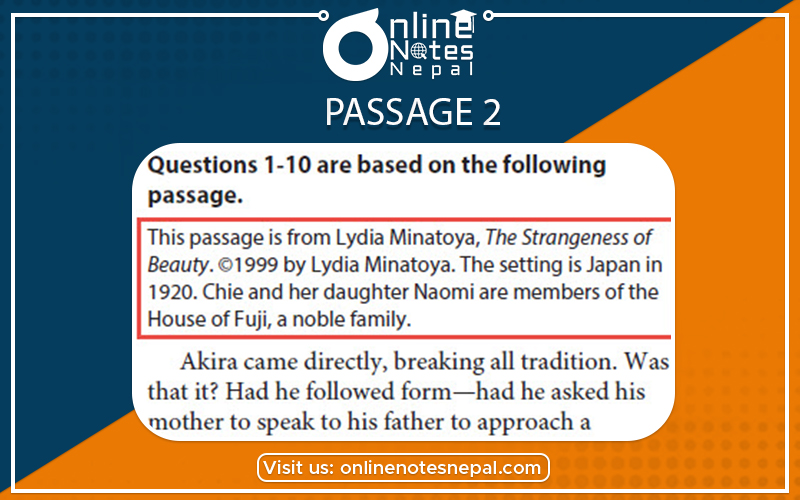Published by: Zaya
Published date: 06 Jul 2021

Florance Nightingale was born in Florance, Italy, on 12 May 1820. She was well educated and when she grew up into a young woman, her family was concerned about finding her a good husband. But Florence refused to marry and, at the age of twenty-five, told her parents she wanted to become a nurse. Her family repeatedly opposed her. In those days, hospitals were often dirty and dark, and the nurses were untrained women. But she refused to change her mind and finally, in 1851, Florence,s father gave her permission to train as a nurse.
Florence went to Germany, where she studied to become a nurse. Two years later, she was appointed superintendent of a hospital for invalid women in Harley Street, London.
In March 1853, Russia invaded Turkey. Britain and France went to Turkey's aid in this conflict known as the Crimean War. Within a few weeks of their arrival, about 8000 soldiers were suffering from cholera and malaria. When Florence read a report on this in The Times, she volunteered her service. The government refused permission at first because women had never been involved in such things before. But eventually, it allowed her to take a group of thirty-eight nurses to Turkey.
Florence found the conditions in the army hospital in Scutari, Turkey, deeply shocking. The men were kept in dirty rooms without blankets or decent food and clothes. In these conditions, it was not surprising that diseases such as typhus, cholera, and dysentery were the main reasons for the high death rate amongst wounded soldiers.
At first, military officers and doctors objected to Florence's involvement in treating the wounded soldiers. But when her friends at the Times reported the way, the British Army treated its wounded soldiers, she was allowed to work in the barracks hospital. By improving the quality of sanitation, she was able to reduce the death rate among her patients considerably. She was called 'the lady with the lamp' by the British soldiers because of the late hours she worked tending to the sick and the wounded, carrying a lamp in her hand.
In 1856, Florence Nightingale returned to England as a national figure. In October 1856, she had a long interview with Queen Victoria and Prince Albert about improving the quality of nursing in military hospitals. This resulted in the formation of the Army Medical College.
In later life, Florence Nightingale suffered from poor health. She died in London on 13 August 1810.
|
i. attacked |
ii. presented oneself |
iii. proper |
iv. lessen |
|
v. resisted |
vi. foul |
vii. decree |
viii. appearance |
|
ix. weak |
x. transform |
xi. worried |
xii. denied |
|
xiii. help |
xiv. struggle; fight |
xv. finally |
xvi. injured |
|
xvii. participation |
xviii. a lot; significantly |
xix. constantly; all the time |
xx. caring for |
Answer(1):
|
i. invaded |
ii.involvement |
iii. well |
iv. reduce |
|
v. opposed |
vi. dirty |
vii. result |
viii. arrival |
|
ix. poor |
x. change |
xi.concerned |
xii.refused |
|
xiii. aid |
xiv. conflict |
xv.eventually |
xvi.wounded |
|
xvii.involvement |
xviii. considerably |
xix.repeatedly |
xx. tending |
2. Write the words from the above passage which are opposite to the following words:
|
i. confessed |
ii. primitively |
iii. expert |
iv. departure |
|
v. harmony |
vi. valid |
vii. trained |
Answer(2):
|
i. refused |
ii. later |
iii. untrained |
iv. arrival |
|
v. conflict |
vi. invalid |
vii. untrained |
3. From the above passage 2, find the words that are closest to the following definitions:
Answer(3):
4.Rewrite the following sentences in the correct order:
Answer(4):
Correct Order:
5. Answer the following questions:
Answer(5):